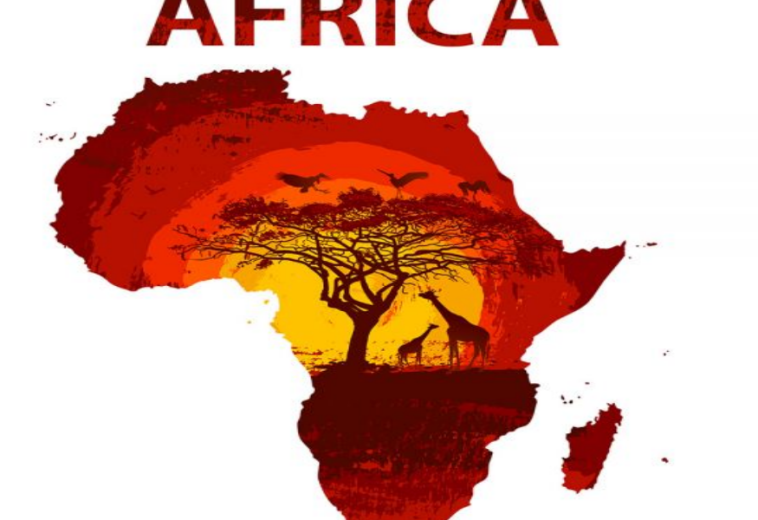One of the fast-developing nations in West Africa, Ghana has faced weighty challenges in managing its national debt. The country’s history of fluctuating debt levels and periodic financial constraints has necessitated a journey of debt restructuring and management in collaboration with international financial institutions, particularly the International Monetary Fund (IMF), to stabilize its fiscal position and pave the way for sustainable growth. At the outset of 2022, Ghana’s debt level stood at approximately $39 billion, posing significant challenges that demanded swift and decisive action.
In the early months of 2022, Ghana faced significant economic challenges, including rocketing inflation and a weakening currency. In March, the country’s central bank hiked interest rates by a record 250 basis points to 17% to stem the tide. The government also approved an “e-levy” tax on electronic payments in April and announced plans to manage its debt without International Monetary Fund (IMF) help. However, by July, Ghana was forced to reverse course and ask the IMF for a loan due to growing economic hardship and street protests. The country also secured a $750 million loan from the African Export-Import Bank in July and delivered another record interest rate hike in August.
Ghana’s debt crisis continued to unfold over the coming months. In December 2022, the country launched a domestic debt exchange to deal with spiraling debt payments and reached a staff-level agreement with the IMF on a $3 billion rescue package, with debt restructuring as one of the conditions. The country later announced it would default on most external debt and exempted local pension funds from the domestic debt exchange after unions threatened a general strike. In 2023, Ghana requested a debt restructuring under the G20’s Common Framework process and eventually secured financing assurances from official creditors, paving the way for the IMF board to approve the $3 billion rescue loan. The country has since proposed a debt rework plan, including a 30-40% haircut to bondholders, which has led to a decline in bond prices.
Debt Restructuring Efforts
Ghana reached an agreement in principle with two bondholder groups to restructure $13 billion of international debt, bringing it closer to completing its debt overhaul that has been years in the making. Under the deal, bondholders will forego approximately $4.7 billion in claims and provide cash flow relief of around $4.4 billion during Ghana’s current financial support program with the International Monetary Fund (IMF), which is set to expire in 2026. The agreement which is expected to be launched formally before the end of 2024, will provide Ghana with a path to economic recovery through significant debt relief and cash flow provision. The deal follows an earlier agreement with bilateral creditors, paving the way for the IMF’s executive board to approve a $360 million disbursement after the second review of Ghana’s $3 billion program.
Ghana’s debt management strategy has centered on extending debt maturities, renegotiating terms with creditors, and diversifying funding sources, all designed to reduce refinancing risks and bolster long-term debt servicing capabilities. The International Monetary Fund’s Extended Credit Facility (ECF) has played a pivotal role in supporting Ghana’s efforts, providing timely financial assistance contingent upon the country’s progress in implementing structural reforms and fiscal consolidation measures.
Ghana’s proactive approach to debt management underscores its commitment to achieving fiscal stability and economic resilience. With ongoing support from the IMF and strategic restructuring efforts, Ghana is well-positioned to navigate future economic challenges while promoting inclusive growth and stability.


